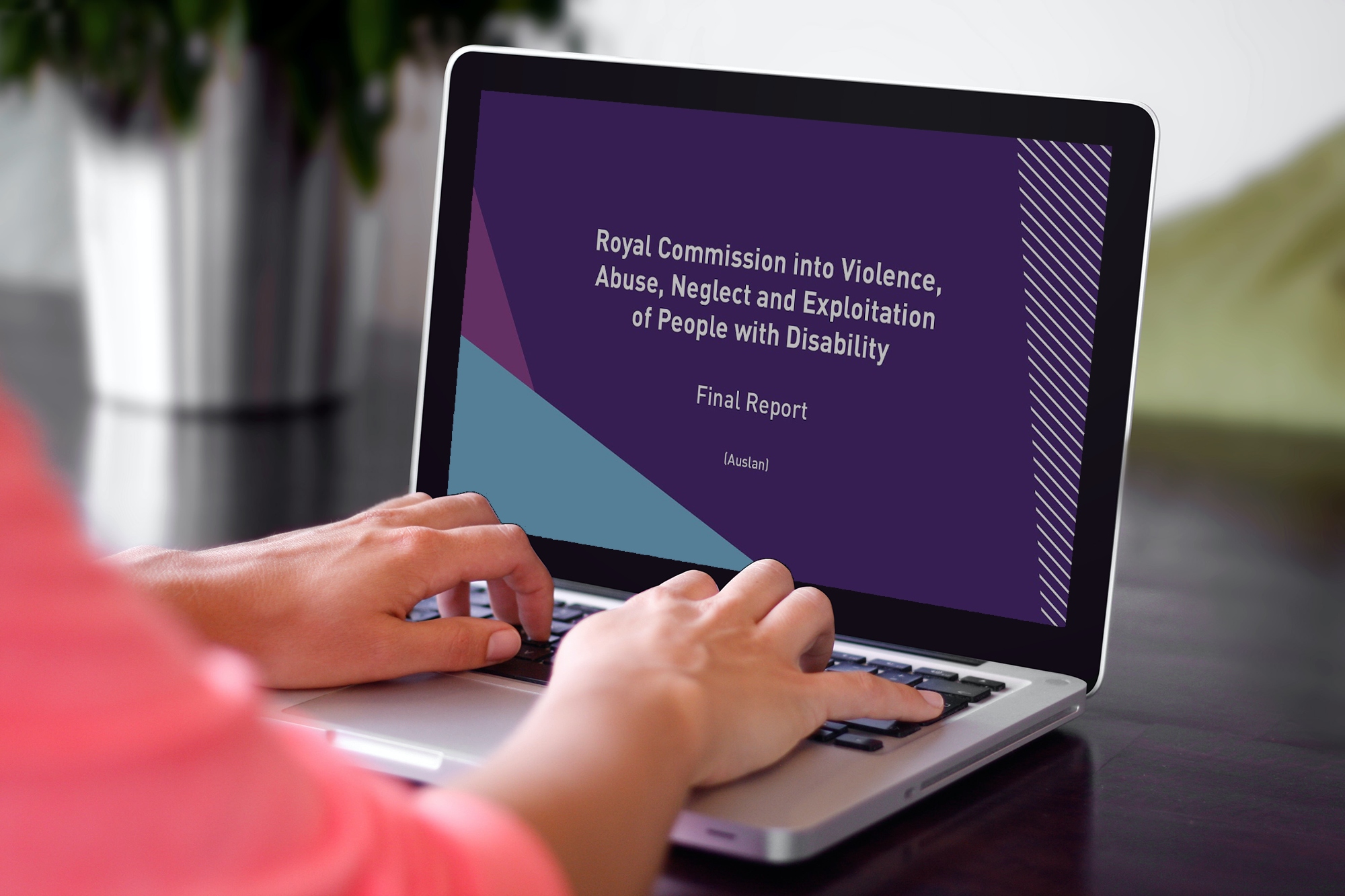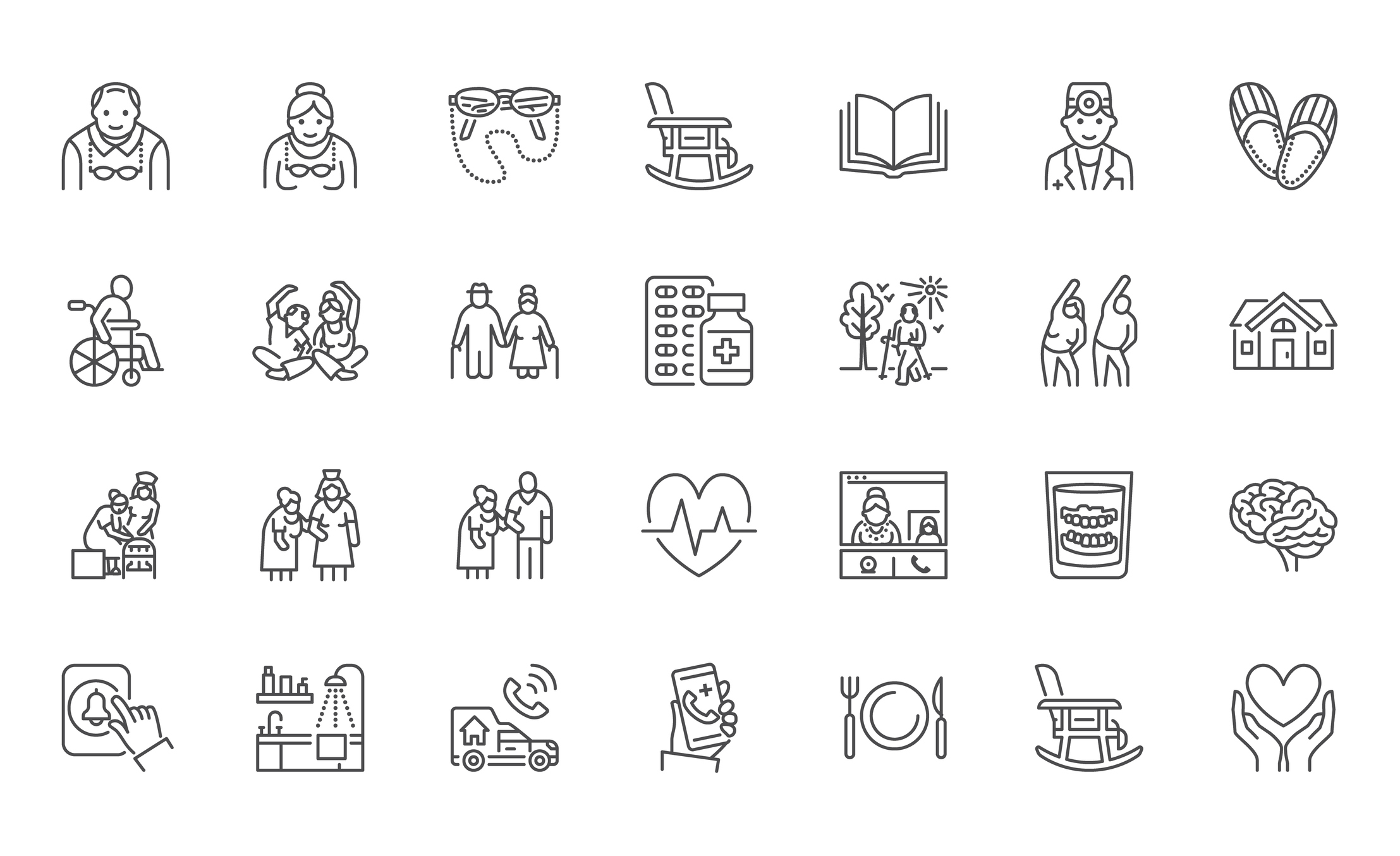Upholding the human rights of participants is a common theme that underpins the discussion and Recommendations published by the Disability Royal Commission (DRC). Whilst most of the human rights Recommendations are directed at the federal, state and territory governments, several Recommendations are related to human rights requirements for providers.
The United Nations’ Convention on the Rights of People with Disability (CRPD) is the foundation of the DRC’s investigation into the human rights of people with disability. The CRPD lays out Australia’s obligations in relation to the human rights of people with disability. There are eight guiding human rights principles that underlie the CRPD (the Human Rights Principles), as follows:
- Respect for inherent dignity, individual autonomy (including the freedom to make one’s own choices), and independence of persons;
- Non-discrimination;
- Full and effective participation and inclusion in society;
- Respect for difference and acceptance of persons with disabilities as part of human diversity and humanity;
- Equality of opportunity;
- Accessibility;
- Equality between men and women; and
- Respect for the evolving capacities of children with disabilities and respect for the right of children with disabilities to preserve their identities.
The DRC found that the above Human Rights Principles were not adequately protected and upheld under Australian law or policy and practice.
The DRC's key human rights Recommendations
Recommendation 10.1 of the DRC final report suggests that the NDIS Quality and Safeguards Commission should develop a program to ensure that human rights are embedded in the design and delivery of each NDIS Provider’s services. The specifics of the program are not clear, however the final report suggests that the program will give regulators oversight of providers’ implementation of human rights policies and procedures.
Accompanying Recommendation 10.1 are several recommendations from Volume 4: Realising the human rights of people with disability. These Recommendations endorse the enactment of a disability rights act, which would enshrine the human rights of people with disability in Australian law.
The DRC made a distinction between actual and potential impacts on the human rights of people with disability.
Potential impacts
Potential impacts include identified risks to the legal and human rights of people with disability. Potential impacts should be identified and addressed before they happen. This can be dealt with through an organisation’s risk management system.
Actual Impacts
Actual impacts on human rights include breaches of a person’s human rights which have already happened. Addressing actual impacts may require remediation and should be dealt with as a priority.
Embedding human rights in service provision
Implementing policies and procedures related to human rights is an essential first step that NDIS Providers should take to stay ahead of new requirements stemming from the DRC. Implementation should include:
- Assigning responsibility
Ensure that responsibility for the organisation’s human rights impacts is assigned to a senior staff member or a committee. - Training
The workforce should be made aware of their responsibilities in relation to human rights, and understand how they can ensure human rights are being upheld. - Assessment
Assessing the organisation’s services and identifying the potential human rights impacts will help the organisation to prevent potential impacts from becoming actual impacts. - Monitoring and review
The organisation should regularly review its performance in relation to human rights. Any breaches or impacts should be addressed as soon as possible. - Complaints and grievances
Complaints, feedback and grievances in relation to human rights impacts should be taken very seriously and investigated as soon as possible by the organisation.
How BNG can help
We have developed a new Human Rights policy template to help providers stay on the front foot in relation to human rights. The policy template will help you understand the central principles of the CRPD and embed human rights in service delivery.
This blog post is the third in our series of posts on the Disability Royal Commission. You can see the other blog posts in the series here.
Need a human rights policy?
For access to our human rights policy and hundreds of other templates, sign up for SPP.


